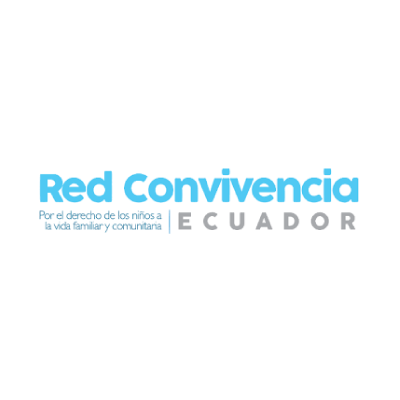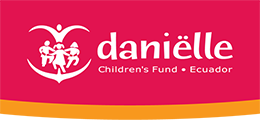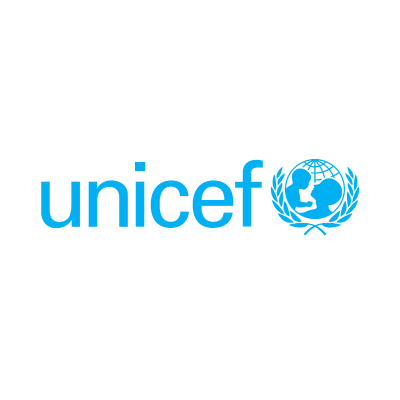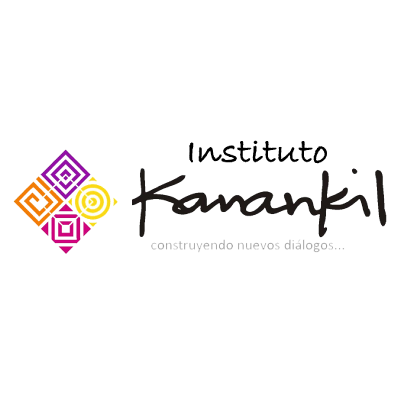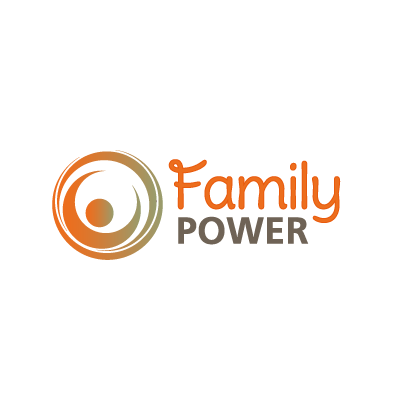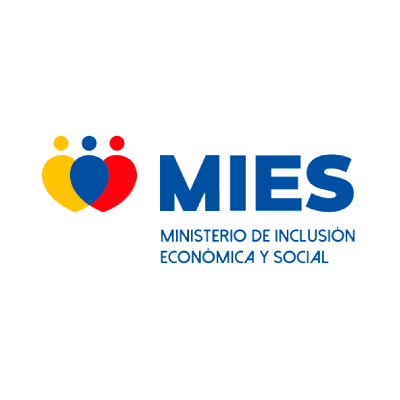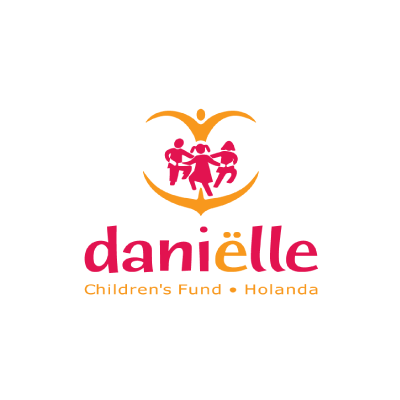
DCF Netherlands
Danielle’s Children’s Fund (DCF) was founded in 2001 and is headquartered in the Netherlands. Its mission is to support children and adolescents in Nepal and Ecuador.
DCF in the Netherlands provides financial support to DCF Ecuador and guides its plans and strategies with technical expertise. The Dutch assembly is composed of three dedicated members: Nicoline Loe (President), Alex Vukajlovich, and Barbara van der Heiden. Thanks to their efforts, DCF has operated for over 20 years. All assembly members are volunteers, ensuring that 100% of the donations received by DCF Netherlands are directed toward its projects.
www.daniellechildrensfund.org
LACT
We are deeply grateful for our partnership with the LACT Program, an initiative of The Karlsson Játiva Charitable Foundation (KJCF). This collaboration supports the Community Project for the Prevention of Violence Against Children and Adolescents in Pifo, Ecuador.
LACT and Danielle’s Children Fund share a profound commitment to the well-being of families across Latin America. Our aligned missions prioritize poverty alleviation by promoting education, health, and holistic well-being, with a core focus on empowering communities to achieve self-sufficiency.
As Erland Karlsson of the LACT Program notes:
“Danielle’s Children Fund’s dedication to psychosocial services and community engagement in Ecuador aligns perfectly with our Foundation’s focus on long-term, locally led projects in the Andean region. Our shared vision for transformative change includes advocating for protective policies for children and promoting alternative care, leveraging our collective expertise to build resilient communities.”
— Erland Karlsson, LACT Program
KJCF | LACT Programme
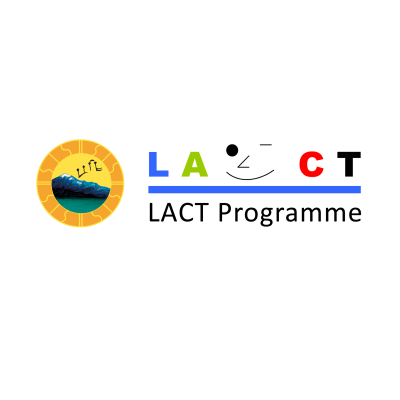
UNICEF
UNICEF Ecuador collaborates with the national government and Red Convivencia to promote the implementation of alternative, family- and community-based care. This work involves integrating these models into national policy through technical norms and other public policy instruments within the Ministry of Economic and Social Inclusion (MIES). These norms include guidelines for kinship care, foster care, and family support.
As part of a national deinstitutionalization strategy, UNICEF has supported MIES and Red Convivencia in developing a handbook for adolescents for whom family reunification is not possible. The manual establishes guidelines and technical tools to guide these adolescents through the emancipation process. The finalized document was anticipated by the end of 2020.
www.unicef.org/ecuador/
Wilde Ganzen Foundation
Wilde Ganzen is a Dutch foundation established in 1957. Its mission is to reduce poverty in the Global South by supporting community-based initiatives. The foundation operates on the principle that local communities themselves are the agents of their own development and must have control over their future. In partnership with its financial partners in the Netherlands, Wilde Geese supports these communities by providing resources to amplify their efforts.
With over 60 years of experience in international development, Wilde Geese backs agents of change who work to end inequality through donations, technical assistance, and local networks.
In 2020, Wilde Geese and Danielle’s Children’s Fund (DCF) collaborated to provide joint support to children, adolescents, and their families in Ecuador, who were—and still are—navigating not only a sanitary but also a severe economic crisis. Thanks to the financial support of both organizations, 30 families received accompaniment, developing and implementing plans that have allowed them to adapt and build resilience. Many of these families have since started their own small businesses.
The partnership’s impact is best illustrated by a personal moment. During a meeting between one family and the DCF Ecuador team, Marco (a pseudonym to protect his privacy) brought a black stone with him. He explained that it was a token of gratitude for the Wilde Geese team, whom he described as being truly thoughtful of him and his family.
www.wildeganzen.nl/over-ons/english
Kanankil Institute
The Kanankil Institute of Higher Education, located in Mérida, Yucatán, México, provides an academic space for exploring diverse approaches to human systems, which are understood as generators of meaning and language. In the Mayan language, “kanankil” signifies being “in conversation” or “in dialogue with others”—a concept central to its mission.
Kanankil serves as a forum for studying theoretical proposals from various disciplines through a postmodernist lens, emphasizing dialogical, collaborative, and narrative practices. These are applied to fields such as psychotherapy, supervision, education, consultancy, and community work. The institute’s approach is realized through learning communities where relationships, objectives, and outcomes are grounded in models that foster participation and curiosity.
Since 2017, Danielle’s Children’s Fund (DCF) has enjoyed a productive relationship with the Kanankil Institute. That same year, several DCF professionals enrolled in the Master’s program in Collaborative and Dialogical Practices, marking the beginning of an ongoing collaboration.
Today, Rocío Chaveste, Papusa Molina, and their team are instrumental in providing training on Alternative Family and Community-Based Care. They also lead essential mutual caregiver support sessions, emphasizing the importance of caregiver well-being.
www.kanankil.edu.mx
Red Convivencia
Red Convivencia is a network of organizations in Ecuador dedicated to promoting the rights of children and adolescents, particularly the right to live in a family and community setting. Founded in 2016, the network has included DCF Ecuador on its coordinating team since the beginning. Red Convivencia currently comprises approximately 15 organizations.
Its mission is to serve as an advocacy platform for the co-construction of public policies and organizational strategies. These initiatives are based on co-responsibility and actively promote every child’s right to family and community life.
Since 2018, the Network has collaborated with the Ministry of Economic and Social Inclusion (MIES), providing support in the design and implementation of a National Deinstitutionalization Strategy.
